AI Governance and Regulations
What is artificial intelligence (AI)?
Artificial intelligence (AI) refers to the emulation of human intelligence processes using computer systems and machines. AI encompasses a broad spectrum of applications, which include expert systems, natural language processing, speech recognition, and machine vision. It essentially involves creating computer programs and systems that can perform tasks and make decisions that typically require human intelligence. AI has evolved significantly and has found diverse applications across various industries, revolutionizing how we interact with technology and data.
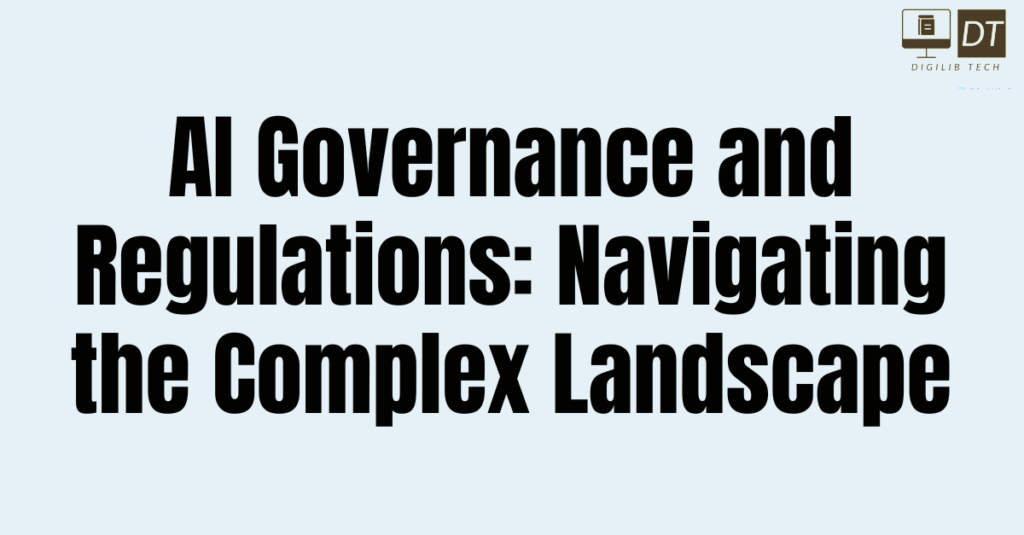
In the ever-evolving world of artificial intelligence (AI), the regulatory framework has struggled to keep pace with the rapid advancements in technology. While the potential risks associated with AI are widely acknowledged, there is a notable absence of comprehensive regulations governing its use. Existing laws often address AI indirectly, leaving a void in oversight.
One notable example is found in the United States, where Fair Lending regulations mandate that financial institutions must provide clear explanations for credit decisions. This requirement limits the utilization of deep learning algorithms, which inherently lack transparency and interpretability. As a result, lenders face constraints in employing such AI-driven tools.
The European Union has taken a more proactive stance with its General Data Protection Regulation (GDPR), which is currently under review to consider AI-specific regulations. GDPR’s stringent rules on consumer data usage already impose restrictions on the training and functionality of numerous AI applications that interact with consumers.
In the United States, policymakers have begun to address the need for AI legislation. The White House Office of Science and Technology Policy (OSTP) released a “Blueprint for an AI Bill of Rights” in October 2022, guiding businesses on the implementation of ethical AI systems. Additionally, the U.S. Chamber of Commerce advocated for AI regulations in a report issued in March 2023.
However, crafting effective AI laws is a complex undertaking. AI encompasses a wide range of technologies used for diverse purposes, making a one-size-fits-all approach challenging. Moreover, regulations must strike a delicate balance between safeguarding against risks and fostering AI progress and development. The dynamic nature of AI technology, with rapid advancements and the opacity of algorithms, further complicates the formulation of meaningful regulation.
Furthermore, the emergence of groundbreaking AI applications like ChatGPT and Dall-E can render existing laws outdated almost instantly. Additionally, laws alone cannot prevent malicious actors from exploiting AI for nefarious purposes.
More:
What is artificial intelligence (AI)?
How Artificial Intelligence Functions?
What is Differences Between AI, Machine Learning, and Deep Learning?
What are the Advantages of Artificial Intelligence ?
What are the Disadvantages of Artificial Intelligence ?
What is Differences Between Strong AI vs Weak AI
Types of Artificial Intelligence
What are the applications of artificial intelligence?
What Is Differences Between Augmented Intelligence & Artificial Intelligence
Ethical Considerations in the Use of Artificial Intelligence
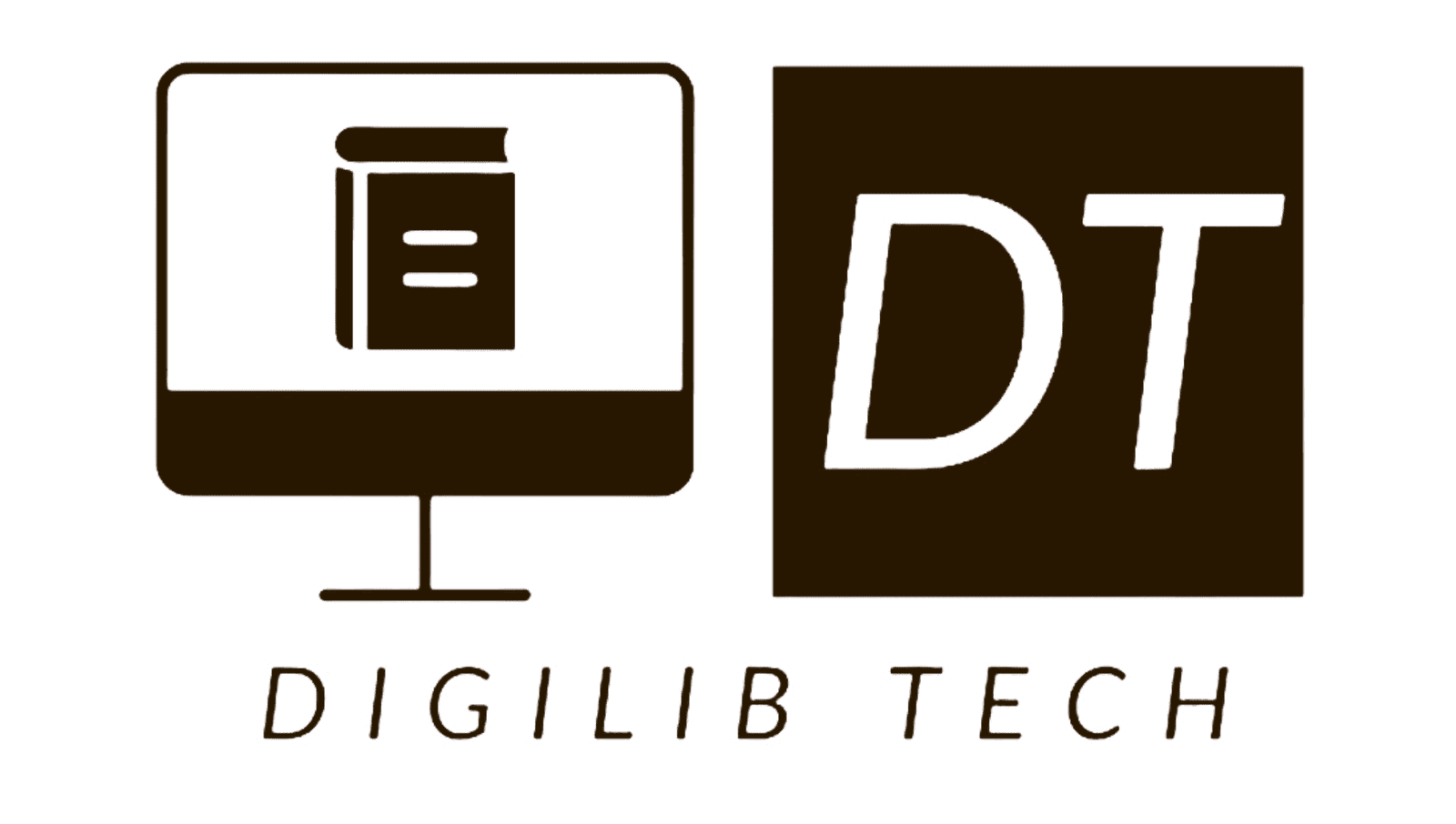





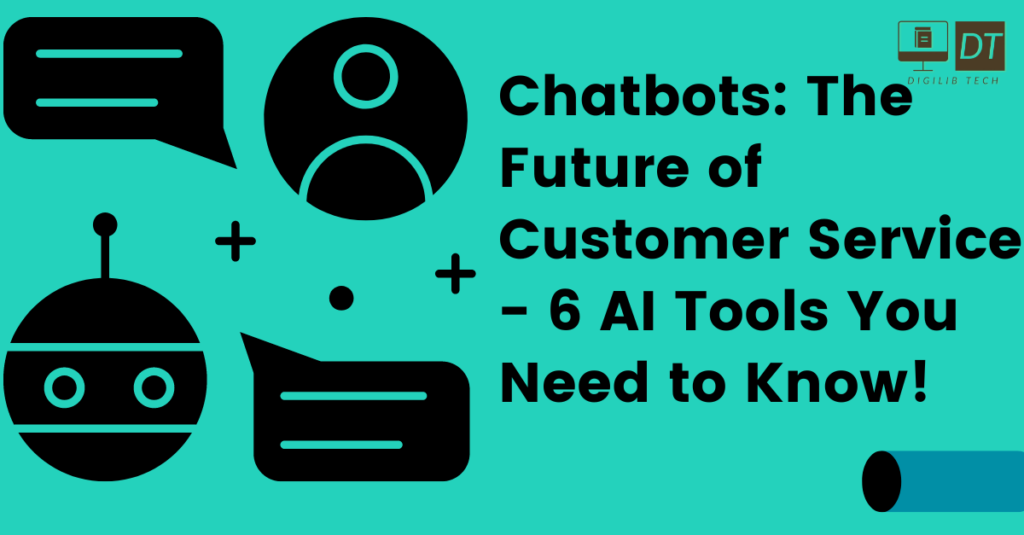
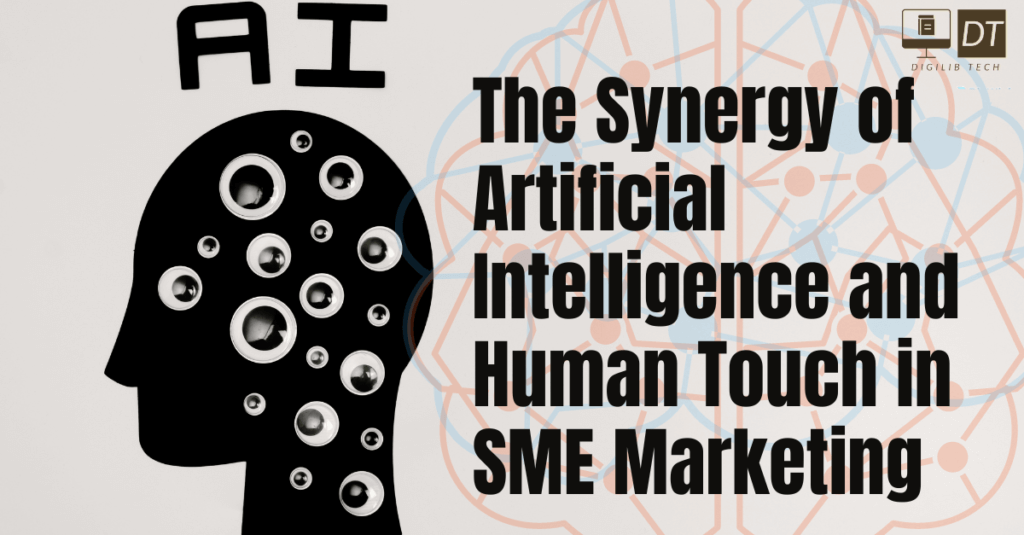

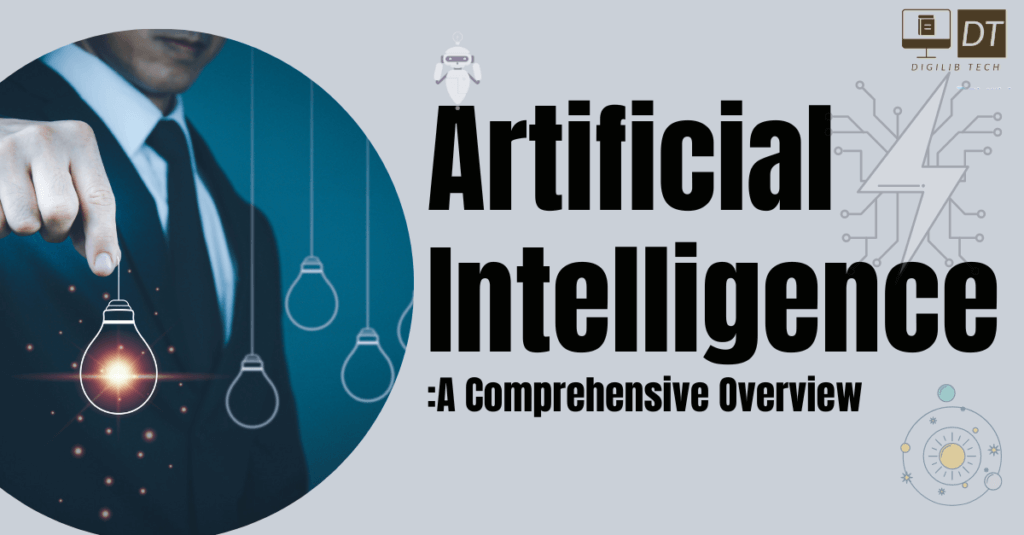
Your post was both educational and entertaining. A rare combination that you’ve mastered beautifully!
This article is a testament to your deep understanding of the topic. Brilliantly written!